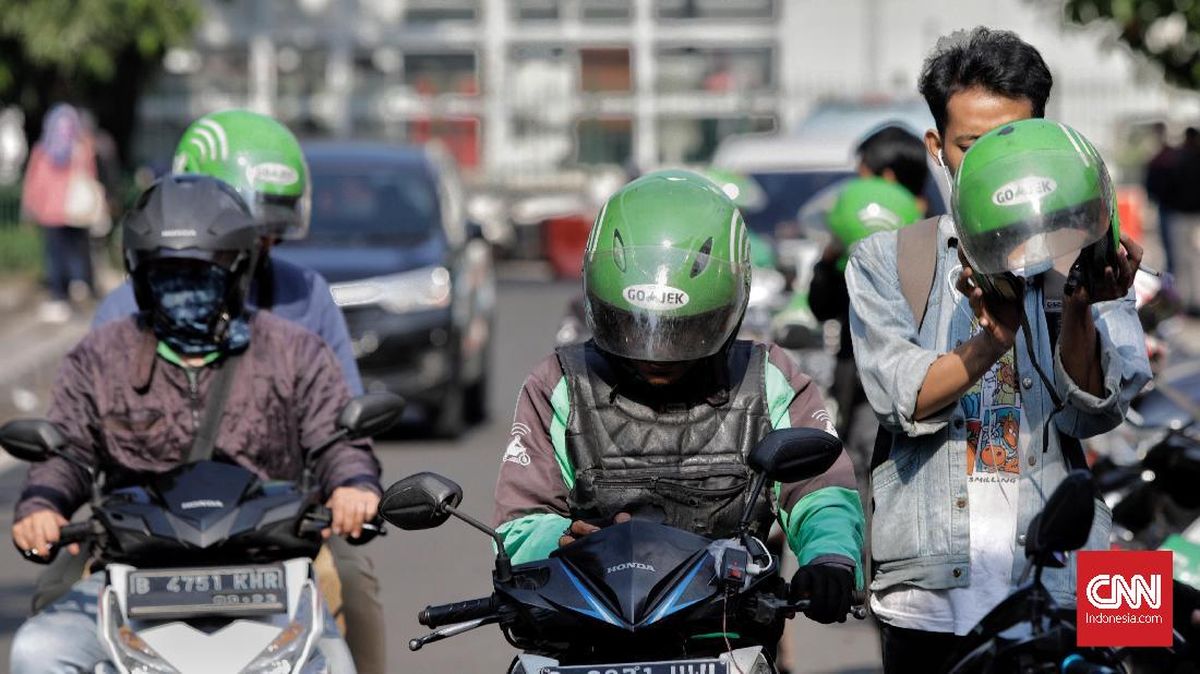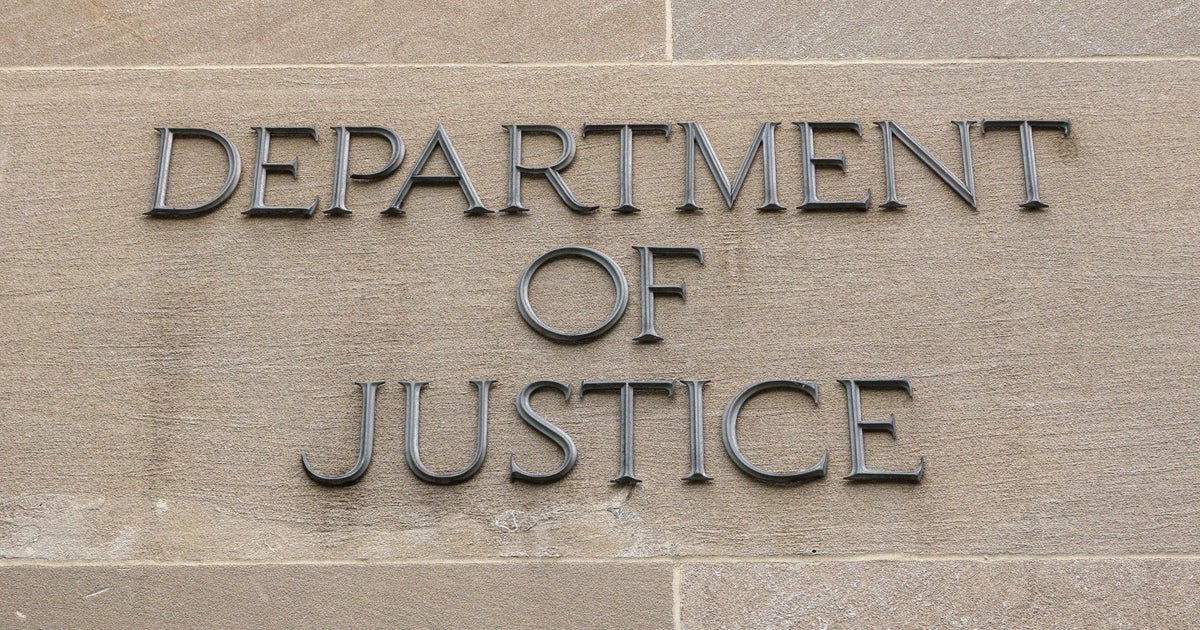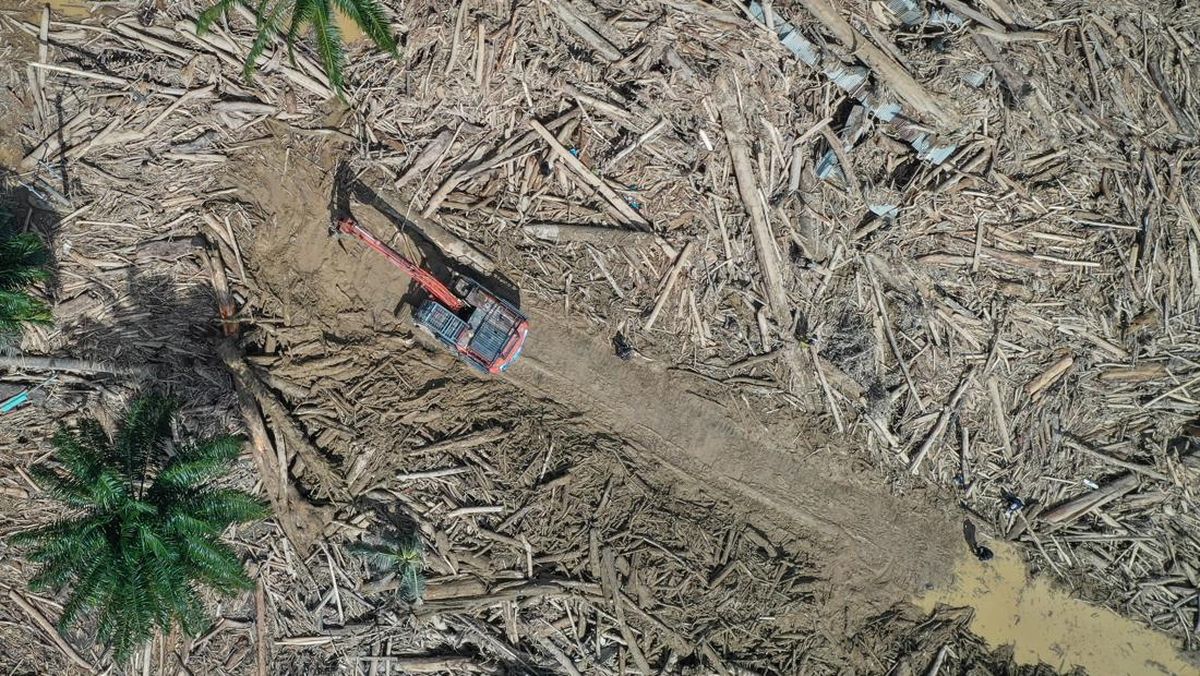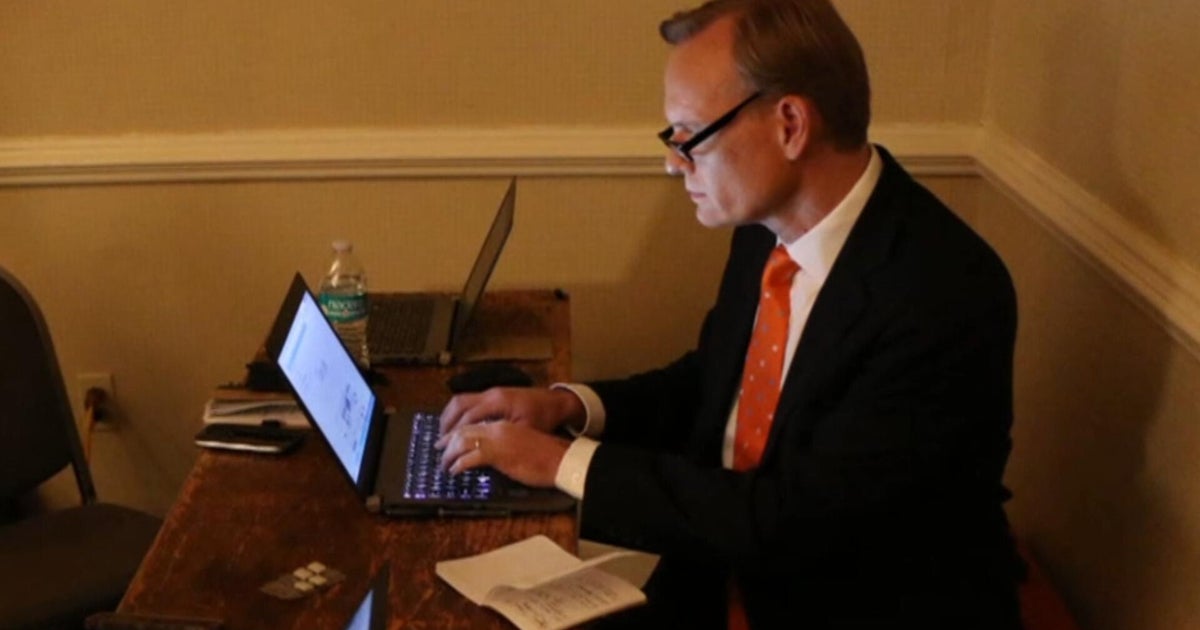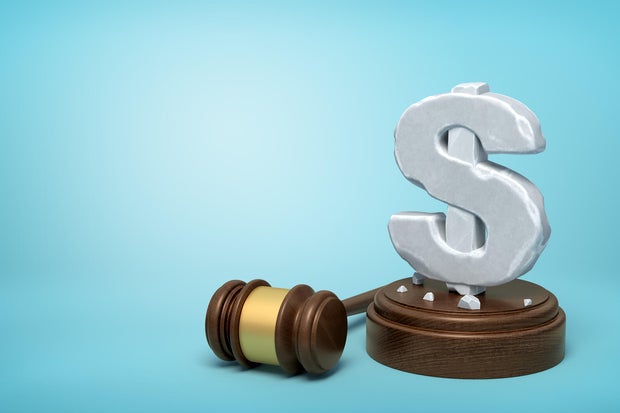 Dealing with a debt lawsuit is stressful when you're stretched thin financially, but you have more options than you might think.
Getty Images/iStockphoto
Dealing with a debt lawsuit is stressful when you're stretched thin financially, but you have more options than you might think.
Getty Images/iStockphoto
There's no question that today's economic landscape is tough for a lot of Americans, as issues like rising inflation and elevated borrowing rates are having a big impact on people's finances. As a result, people are falling behind on their debt payments at a concerningly rapid pace. For example, serious delinquencies — which are accounts more than 90 days past due — surged above pre-pandemic levels in the second quarter of this year, according to the Federal Reserve Bank of New York, a clear indicator of just how difficult it can be to carry debt right now.
As a result, many lenders are ramping up legal action. For borrowers already living paycheck to paycheck, that's creating a new wave of financial anxiety. Facing a debt lawsuit isn't just stressful. It's also expensive, with lawyer fees, growing interest charges and court costs all adding to the issue. If you've missed a few payments recently, you may have already received a court summons tied to your unpaid debt. And while a debt lawsuit can be tough to navigate in any situation, it can be especially tough to deal with if your budget has no room to spare.
So, what exactly happens if your credit card company files a lawsuit against you, but your finances are stretched too thin to pay what's owed? That's what we'll examine below.
Find out how you can start the debt relief process today.
What happens when a credit card company sues you and you have no money?
When a credit card company files a lawsuit against you, they're asking the court to issue a legal judgment confirming you owe the debt. Here's the uncomfortable truth, though: Your lack of money doesn't stop the lawsuit from proceeding. The court isn't weighing whether you can afford to pay. It's only determining whether you legally owe the debt. And, if you don't respond to the summons within the deadline, the credit card company wins by default, regardless of your financial situation.
But here's where your lack of funds actually matters: Having a judgment against you and a creditor actually having the ability to collect on that judgment are two different things. If you truly have no income beyond protected sources and no assets, you may be what's called "judgment proof." This status doesn't make the debt go away, but it does mean there's nothing the creditor can take from you to recover what's owed right now.
So, what types of income are protected? Social Security benefits, Supplementary Security Income (SSI), disability payments, unemployment benefits, veteran benefits, child support, and most pension and retirement funds cannot be garnished for credit card debt. If your only income comes from these sources, creditors can't touch your paycheck because there is no paycheck to garnish. Or, if you're unemployed, there are no wages to seize.
However, if you have a job that pays you through normal channels, the creditor can garnish up to 25% of your disposable income, and when you're already struggling to make ends meet, losing a quarter of your earnings can be financially catastrophic. That might mean choosing between rent and food or falling behind on other critical bills, creating a cascade of financial problems.
Bank account levies are another possibility. Once any money hits your bank account, it can become vulnerable, as a creditor can freeze your account and withdraw funds to satisfy the judgment. While federal and state laws provide some protections for benefit payments in bank accounts, you generally have to actively claim these exemptions. The freeze happens first and you fight to get your money back later.
Learn how a debt relief expert can help you get your finances back on track.
How debt relief can help when you can't afford to pay
While you may be financially stretched, you still have a few paths forward in this situation. Here are some of the strategies you can use to try and get rid of what's owed before the problem compounds:
- Debt settlement: You can try to settle your debt for less than what's owed, either on your own or with the help of a debt relief company. With this approach, the goal is to settle your debts in return for a lump sum payment on the account, which can reduce your total debt by 30% to 50% or more on average. This approach can also stop further collection efforts and help you avoid more serious consequences.
- Debt management: By working with a credit counseling agency, you can enroll in a debt management plan that consolidates multiple cards into one monthly payment with lower interest rates and fees. While you'll still repay your balances in full with this approach, it can make repayment more manageable.
- Bankruptcy: As a last resort, filing for bankruptcy could be worth considering. A Chapter 7 bankruptcy can erase most unsecured debts and stop wage garnishments or collection lawsuits altogether. Chapter 13 allows you to repay a portion of your debt through a court-supervised plan. Both provide legal protection, though, and a chance to rebuild.
The bottom line
If a credit card company sues you and you have no money, don't panic and don't ignore the lawsuit. You still have rights and having limited funds doesn't mean you'll lose everything. File a response, understand the protections in place and consider reaching out to a reputable debt relief expert to learn your options. While a debt lawsuit may feel like a breaking point, it can also be a turning point that marks the moment you finally take control of your debt.
Edited by Matt Richardson



